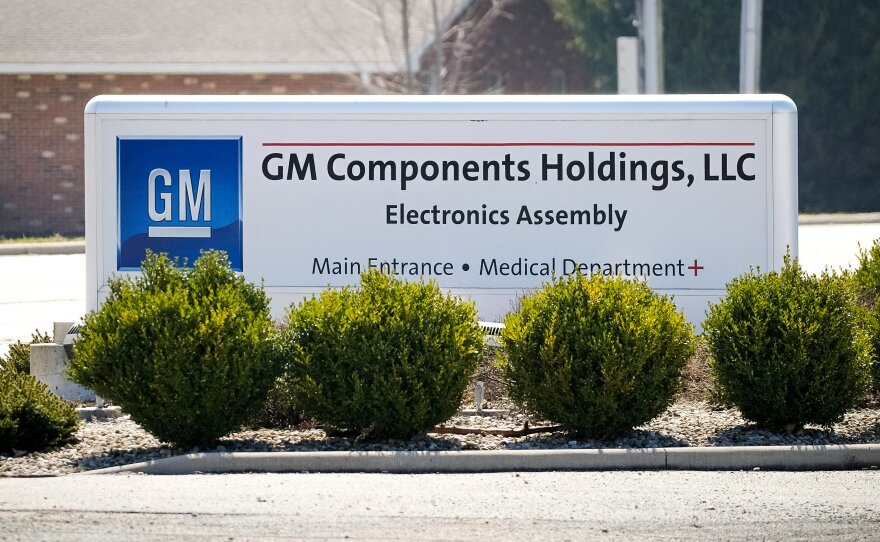General Motors says it will no longer support the Trump administration in legal efforts to end California's right to set its own clean-air standards.
CEO Mary Barra said in a letter Monday to environmental groups that GM will pull out of the lawsuit, and it urges other automakers to do so.
She said the company agrees with President-elect Joe Biden's plan to expand electric vehicle use. Last week, GM said it is testing a new battery chemistry that will bring electric-vehicle costs down to those of gas-powered vehicles within five years.
Barra sent the letter after a call with California Gov. Gavin Newsom, the company said.
“We believe the ambitious electrification goals of the President-elect, California, and General Motors are aligned, to address climate change by drastically reducing automobile emissions,” Barra said in the letter.
Mary Nichols, the head of California’s Air Resources Board, called GM’s announcement “good news," saying Barra told her about it in a telephone call Monday morning. The board is the state’s air pollution regulator.
“I was pleased to be in communication with Mary Barra again,” she said. “It’s been a while since we had talked.”
RELATED: Automakers Side With Trump In Legal Fight With California
Dan Becker of the Center for Biological Diversity, one of the environmental groups Barra wrote to, said GM was wrong in trying to stop California from protecting its people from auto pollution.
“Now the other automakers must follow GM and withdraw support for (President Donald) Trump’s attack on clean cars,” he said in an email.
Last year General Motors, Fiat Chrysler, Toyota and 10 smaller automakers sided with the Trump administration in a lawsuit over whether California has the right to set its own standards for greenhouse gas emissions and fuel economy.
The companies said they would intervene in a lawsuit filed by the Environmental Defense Fund against the Trump administration, which has rolled back national pollution and gas mileage standards enacted while Barack Obama was president.
The group called itself the “Coalition or Sustainable Automotive Regulation” and included Nissan, Hyundai, Kia, Subaru, Isuzu, Suzuki, Maserati, McLaren, Aston-Martin and Ferrari.
“With our industry facing the possibility of multiple, overlapping and inconsistent standards that drive up costs and penalize consumers, we had an obligation to intervene,” John Bozzella, CEO of Global Automakers and spokesman for the coalition, said at the time.
The move put the automakers at odds with five other companies — BMW, Ford, Volkswagen, Volvo and Honda — that backed California and endorsed stricter emissions and fuel economy standards than proposed by the Trump administration.
But the coalition’s stance was not so straightforward. For instance, although it opposed California, it still wanted Trump and the state to compromise on one national regulation.
In September of 2019, Trump announced his administration would seek to revoke California’s congressionally granted authority to set standards that are stricter than those issued by federal regulators.
The move came after Ford, BMW, Honda and Volkswagen signed a deal with the California Air Resources Board, which had been at odds with the Trump administration for months.
Many automakers have said in the past that they support increasing the standards, but not as much as those affirmed in the waning days of the Obama administration in 2016.
Under the Obama administration requirements, the fleet of new vehicles would have to average 30 mpg in real-world driving by 2021, rising to 36 mpg in 2025. Those increases would be about 5% per year. The Trump administration’s plan increased fuel economy by 1.5% per year, backing off an earlier proposal to freeze the requirements at 2021 levels.
Automakers say that because buyers are switching to larger trucks and SUVs, many companies would not be able to meet the stricter standards.






